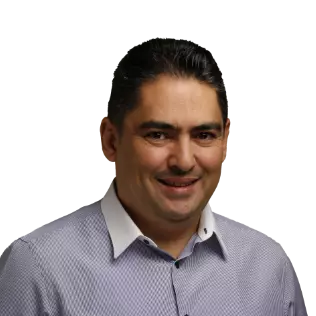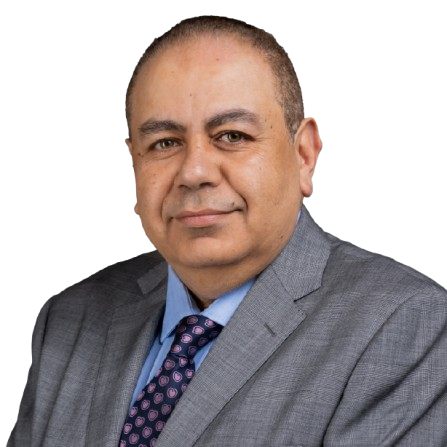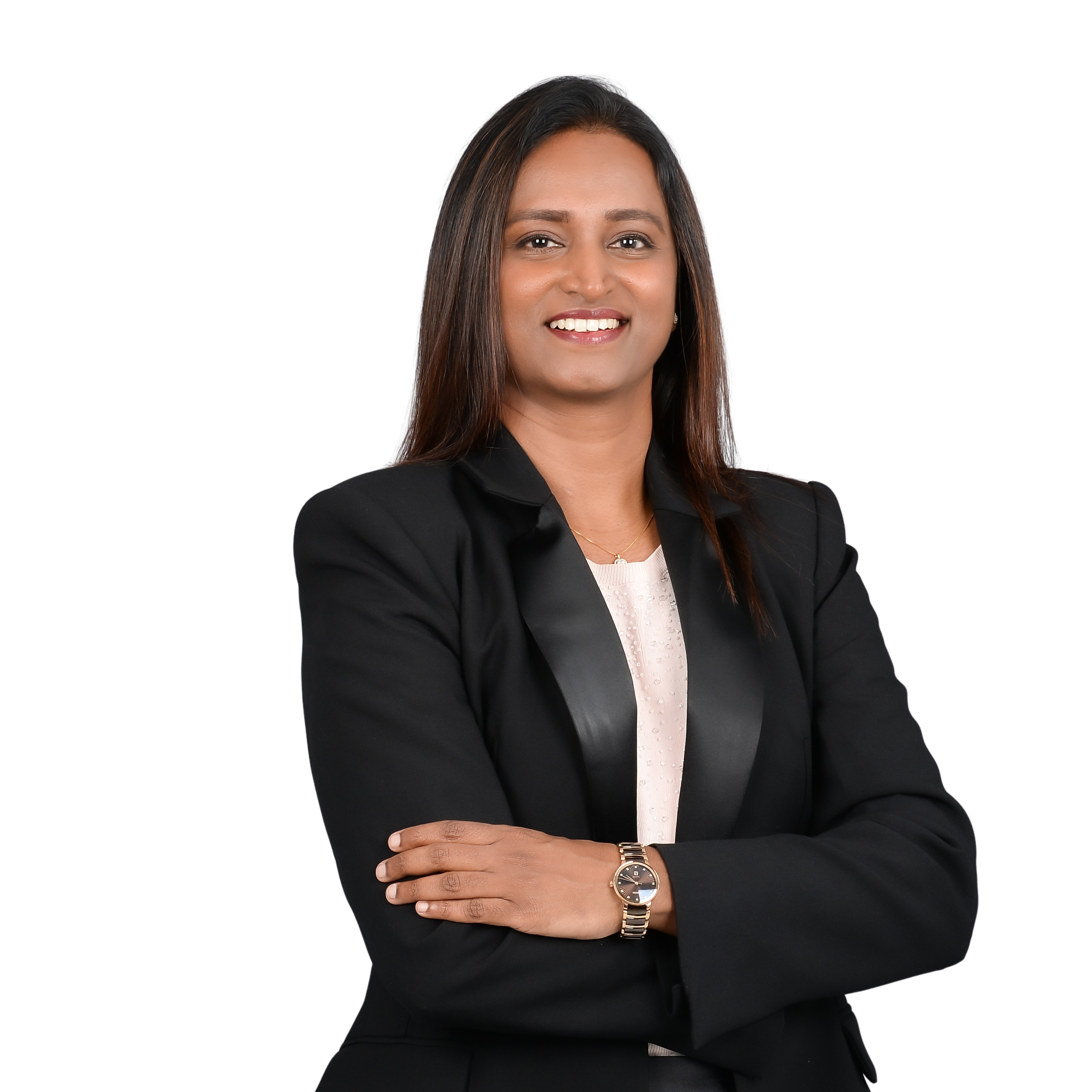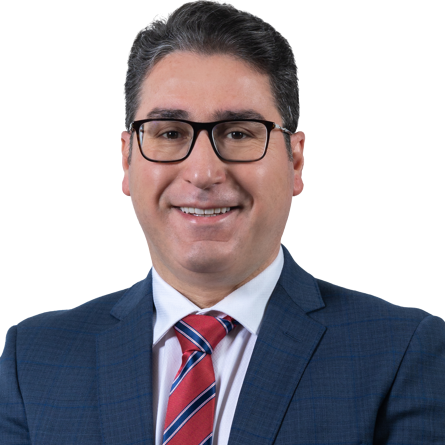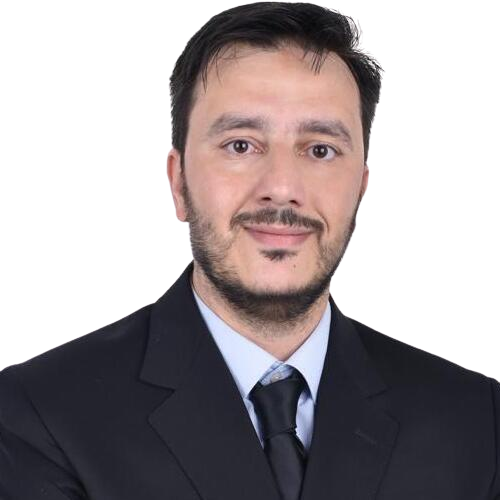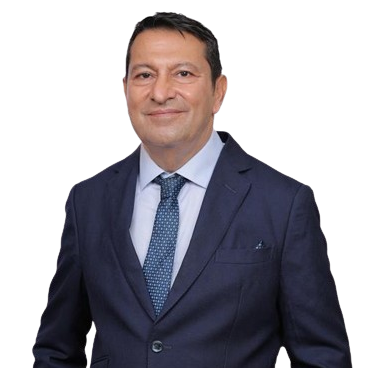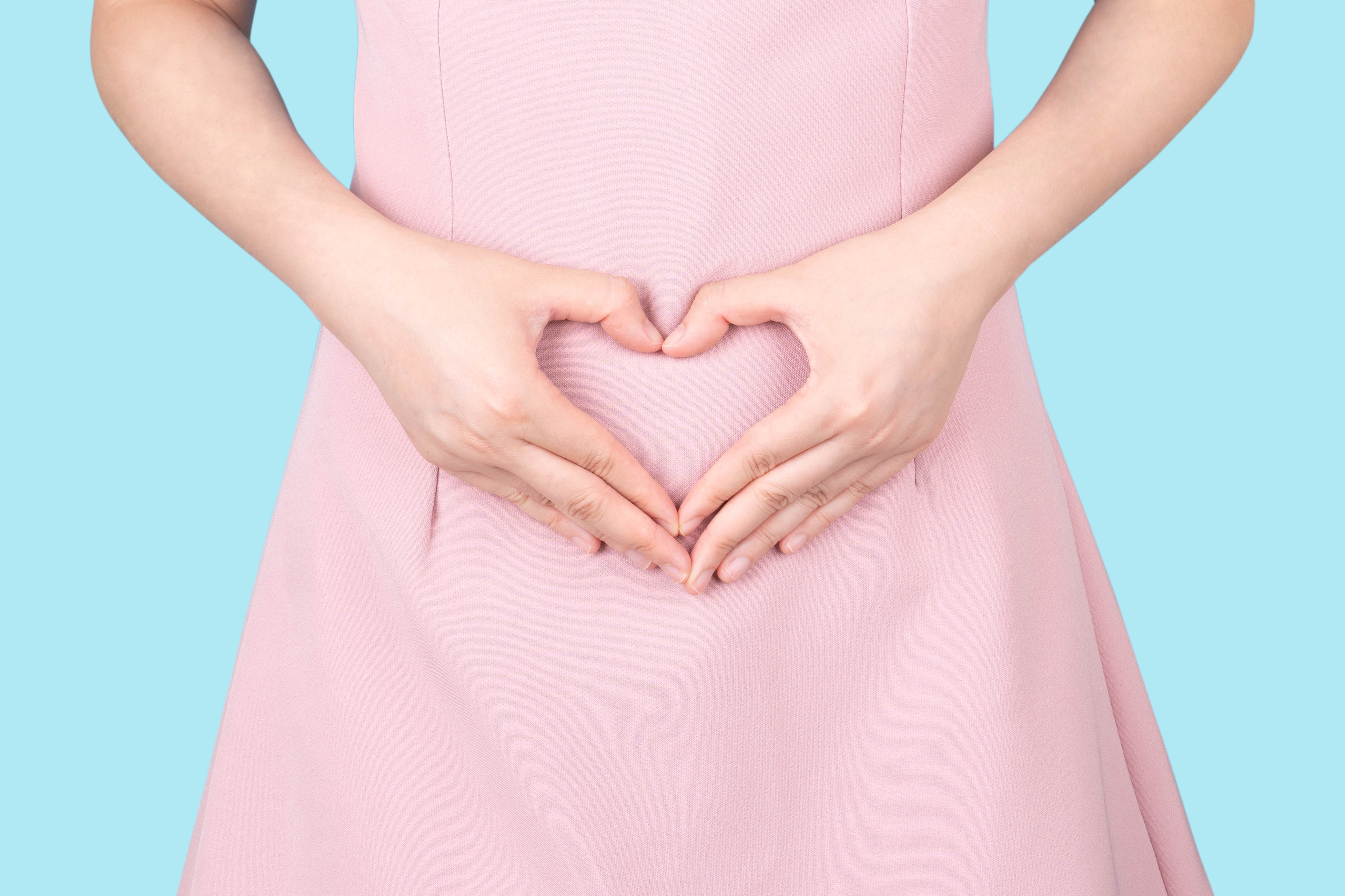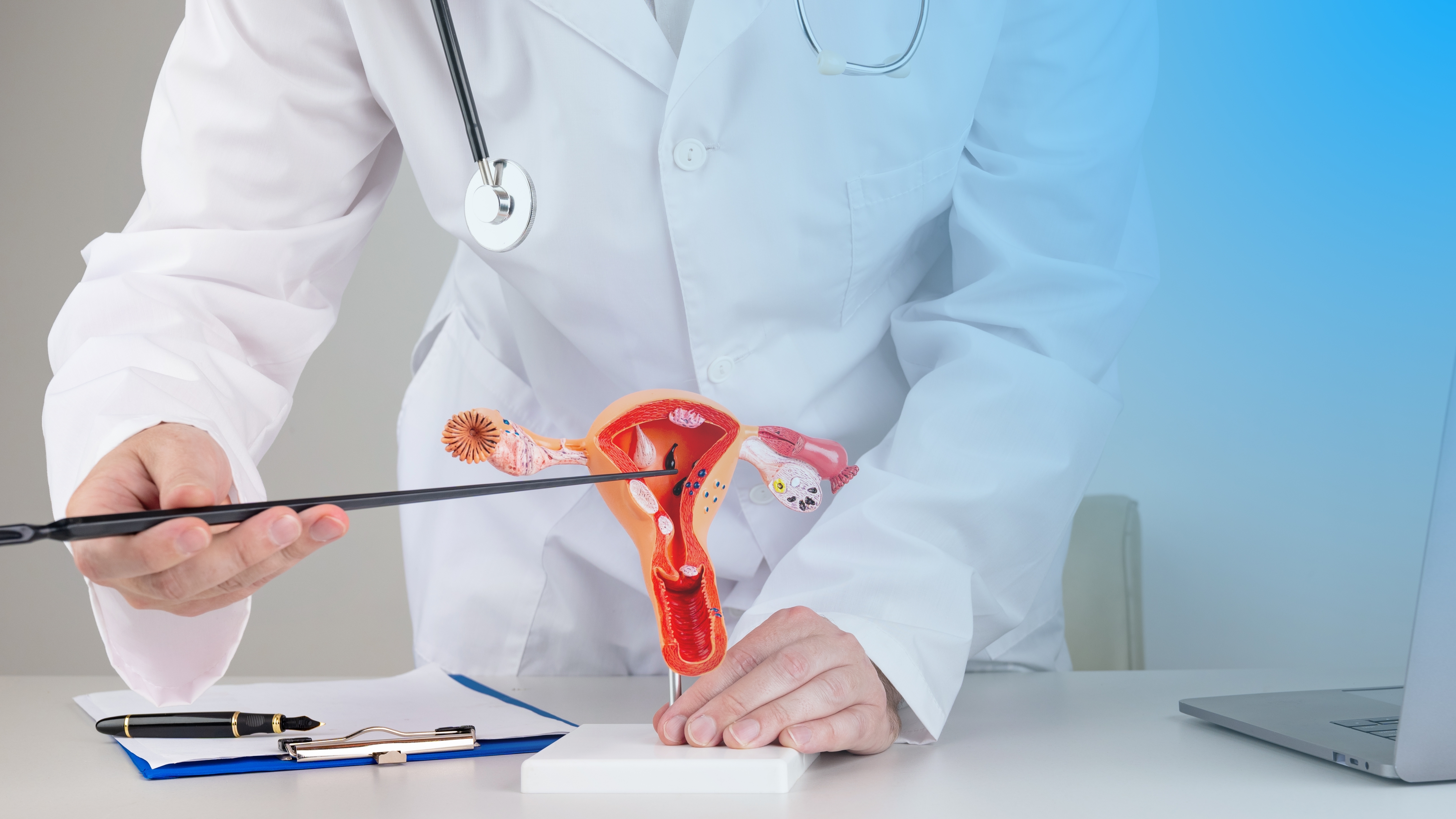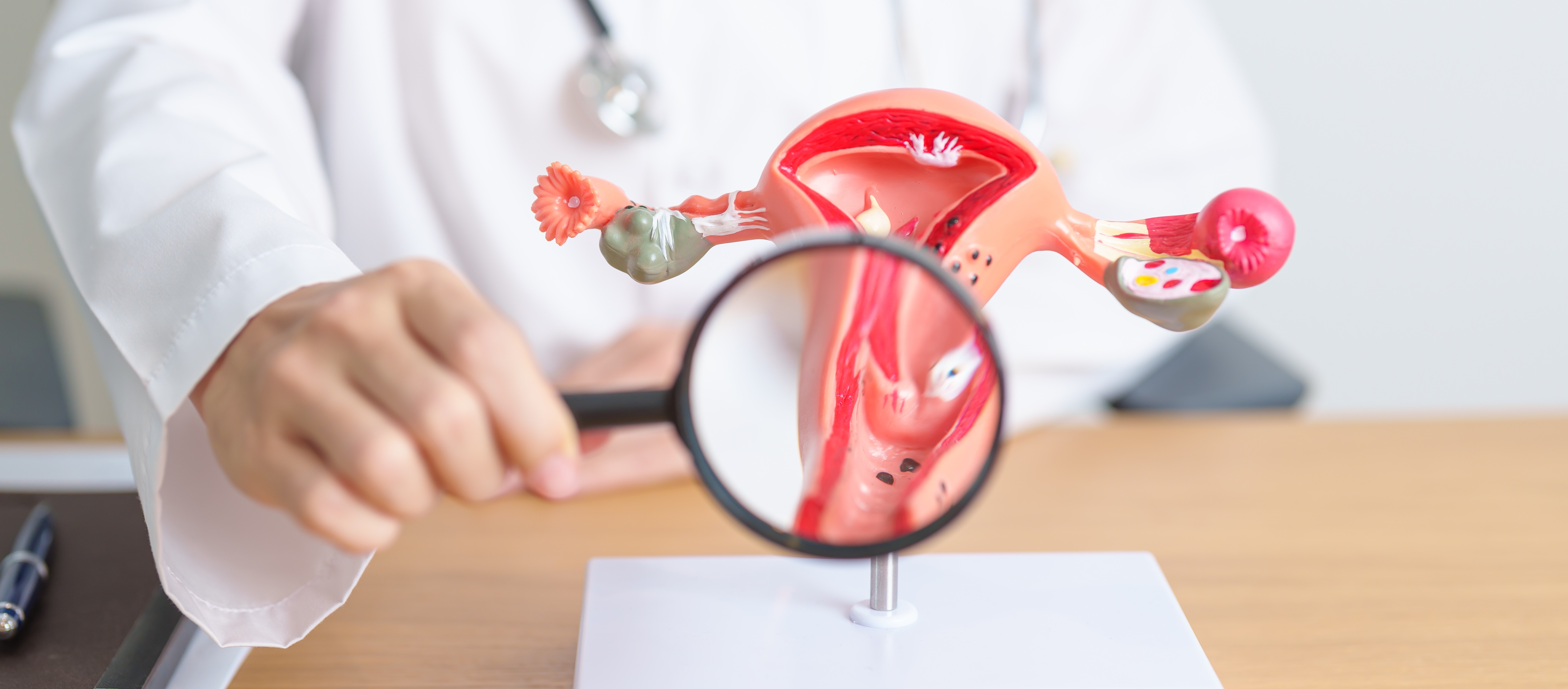Cardiac Arrest: Symptoms, Causes, Treatment & Signs
Written By: Dr. Brajesh Mittal
Updated On:December 07, 2023
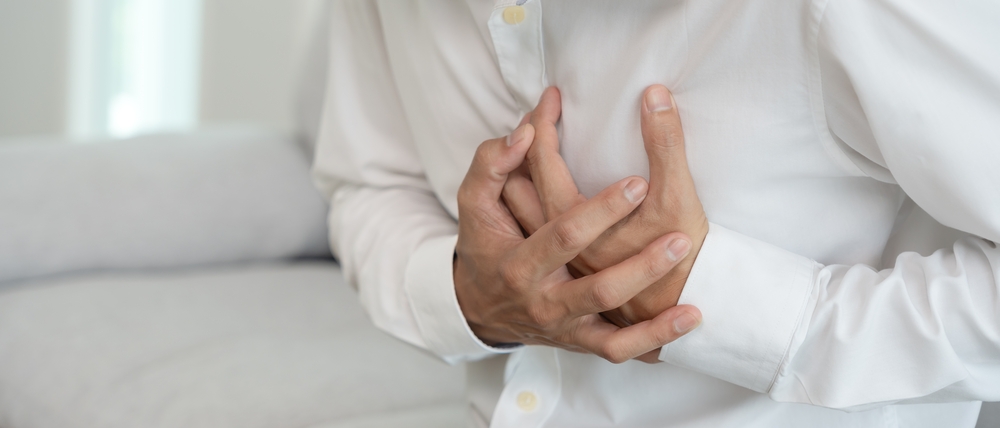
What is Cardiac Arrest?
An abnormal heart rhythm can cause sudden cardiac arrest, which is the abrupt end of all heart functions. Cardiopulmonary resuscitation (CPR) and electrical shocks from an automated external defibrillator (AED) are two emergency treatments for sudden cardiac arrest. With quick, effective medical care, there is a chance of survival.
Causes of Cardiac Arrest
Arrhythmias, or irregular heartbeats, are what trigger cardiac arrest in its first stages. Among the abnormal heart rhythms that might result in cardiac arrest are:
- Ventricular fibrillation
- Ventricular tachycardia
The underlying factors that induce sudden cardiac arrest are events and conditions that can result in these irregular heart rhythms. These consist of the following:
- Cardiomyopathy
- Medications for various medical ailments, such as cold remedies (in some cases).
- Chest pains
- A heart attack
- Narcotics, such as cocaine.
- Cardiac conditions that are inherited, like Brugada syndrome
- LQTS, or long Qt syndrome
- Severe disease or injury (trauma) involving significant blood loss
Symptoms & Signs of Cardiac Arrest
The following are immediate and severe symptoms of sudden cardiac arrest:
- abrupt collapse
- absence of pulse
- no breathing
- loss of conscious
Prior to abrupt cardiac arrest, other symptoms can occasionally appear. These could consist of the following:
- Pain in the chest
- Difficulty breathing
- Weakness
- Rapid, fluttering, or pounding heartbeat
When to see a doctor for Cardiac Arrest?
Cardiac arrest is life-threatening. Get immediate medical attention if you experience chest aches, heart palpitations, wheeziness, breathing difficulties, fainting, or dizziness. If you come across someone who is unresponsive or not breathing, call for help and start CPR or use an automated external defibrillator if available.
Cardiac Arrest Risk Factors
One of the major risk factors for cardiac arrest is having a heart condition. With age, your chance of having a cardiac attack also rises. Men make up the bulk of cardiac arrest victims while women are more vulnerable after menopause.
Some illnesses that increase the risk of cardiac arrest run in families. If you have any blood relatives who have suffered from cardiac arrest, irregular cardiac conduction, or arrhythmias, you should let your doctor or cardiologist know. Moreover, conditions associated with severe arrhythmias can be caused by particular genes.
Cardiac Arrest Complications
Less blood reaches the brain during abrupt cardiac arrest. Brain injury and death could result from complications if the cardiac rhythm isn't quickly restored.
Cardiac Arrest Diagnosis
The signs of cardiac arrest appear rapidly, giving little time for testing. Within minutes, the condition might become lethal. A prompt diagnosis is therefore crucial.
The best way to identify cardiac arrest is frequently by a person's symptoms, particularly if they are unconscious or have no pulse.
Cardiac Arrest Treatment
Restarting your heart and reestablishing a regular rhythm is part of emergency cardiac arrest treatment. Treatment options for cardiac arrest include the following:
- Cardiopulmonary resuscitation (CPR): One of the most crucial interventions to increase cardiac arrest survival is immediate CPR. Until an automatic or external defibrillator is available, CPR is frequently used. Chest compressions during CPR take the role of the heart's pumping function. Small amounts of blood are transferred from your heart to your brain through it.
- External defibrillator or an automatic defibrillator: Once attached, this device shocks your chest for a limited period of time with electricity. Your heart is reached by the current. As a result, the aberrant impulses are stopped and the heart's normal impulses are reinstated. Your heart may need more than one jolt to start beating normally again.
Cardiac Arrest Prevention
Adults with coronary heart disease are most at risk of going into cardiac arrest. According to research, adopting a heart-healthy lifestyle can help prevent coronary heart disease and its symptoms. This lifestyle should involve quitting smoking, eating healthily, and exercising frequently.
Together with your healthcare provider, create a treatment plan that considers your way of life, your neighborhood and home's environment, and your cultural preferences. Working with a group of healthcare professionals can make it simpler to change your diet, increase your exercise level, manage various medical issues, and stop smoking.
References
Andersen, L. W., Holmberg, M. J., Berg, K. M., Donnino, M. W., & Granfeldt, A. (2019). In-hospital cardiac arrest: a review. Jama, 321(12), 1200-1210.
Madl, C., & Holzer, M. (2004). Brain function after resuscitation from cardiac arrest. Current opinion in critical care, 10(3), 213-217.
Podrid, P. J., & Manaker, S. (2017). Overview of sudden cardiac arrest and sudden cardiac death. U: UpToDate. Olshansky B, Manaker S ur., Downey BC ur. UpToDate.(Internet), 1-150.
Stub, D., Bernard, S., Duffy, S. J., & Kaye, D. M. (2011). Post cardiac arrest syndrome: a review of therapeutic strategies. Circulation, 123(13), 1428-1435.
Meet our doctors from the Cardiology department
Similar Posts
Labiaplasty
Written By: Dr. Zofia Gordon
Gonorrhea
Written By: Dr. Zofia Gordon

